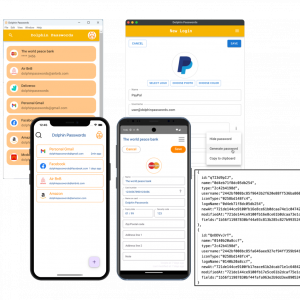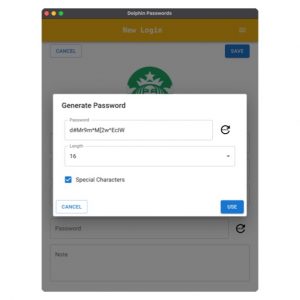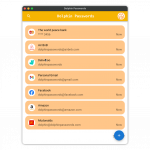Not all passwords are created equal, and some are laughably weak, putting our online safety in jeopardy. Let’s talk about a classic blunder that many folks make: using “password” as their password. Yep, you heard that right—”password.” While it might be convenient or easy to remember, it’s basically like leaving your front door wide open for anyone to waltz right in.
Here’s why
1. Commonality: “Password” is one of the most commonly used passwords worldwide. Hackers are well aware of this fact and often try it as one of the first options when attempting to breach an account. By using such a predictable password, you’re essentially inviting unauthorized access.
2. Vulnerability to Dictionary Attacks: Hackers employ various techniques to crack passwords, and one of the most straightforward methods is a dictionary attack. This method involves trying every word in the dictionary, including common ones like “password.” It’s like leaving your front door unlocked and hoping burglars won’t find it.
3. Lack of Complexity: A strong password should be a combination of letters (both uppercase and lowercase), numbers, and special characters. “Password” lacks this complexity, making it extremely vulnerable to brute-force attacks, where automated tools systematically try every possible combination until they find the correct one.
4. Ease of Guessing: Let’s face it; “password” is too easy to guess. It’s the low-hanging fruit for cybercriminals. Whether through social engineering or educated guessing, hackers can often crack such simplistic passwords within seconds.
It’s understandable that remembering different passwords for various accounts can be challenging. This is where password managers come into play. Password manager securely store your credentials and generate unique, complex passwords for each of your accounts. With a password manager, you only need to remember one master password to access all your other passwords, ensuring convenience without compromising security.

So, what can you do to enhance your online security?
1. Choose Strong, Unique Passwords: Opt for passwords that are long, complex, and unique to each of your accounts. Consider using a passphrase—a combination of words, numbers, and symbols that hold personal significance to you but are difficult for others to guess.
2. Utilize a Password Generator: Password generators are invaluable tools that can create highly secure passwords for you. They generate random strings of characters that are virtually impossible for hackers to guess or crack. Consider using one like Dolphin Passwords to generate and manage your passwords securely.

In conclusion, using “password” as your password is akin to leaving your valuables unguarded in a crowded marketplace. Don’t make it easy for cybercriminals to infiltrate your accounts. By understanding the importance of strong passwords, utilizing password managers, and implementing robust security measures, you can safeguard your digital identity and enjoy peace of mind in an increasingly interconnected world.



